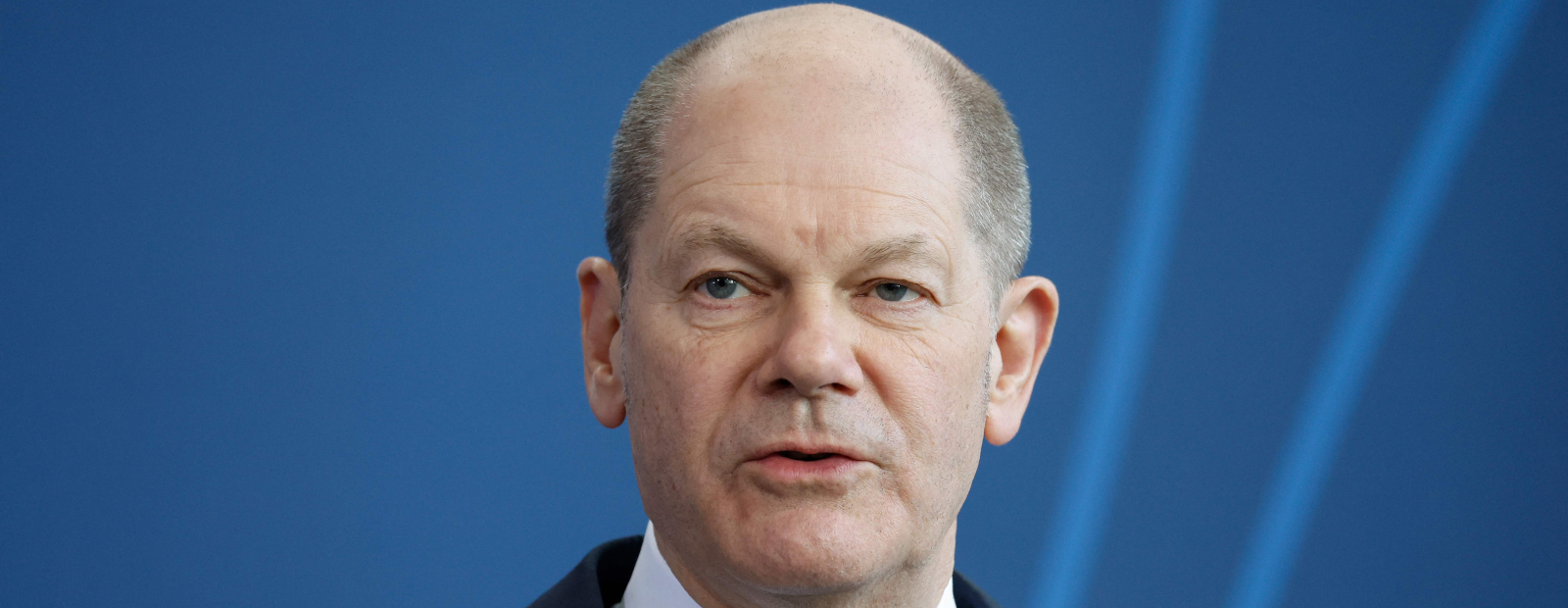In Europe’s largest economy, there is concern about the lack of energy resources without natural gas supplies from Russia, so Germany is looking for alternatives and Scholz has even allowed the possibility of not closing the remaining German nuclear power plants (NPP).
Standing next to the turbine at Germany’s Siemens Energy plant in Mühlheim an der Ruhr, Scholtz said it was “available and working” and that there was “no reason why the delivery could not take place”.
The German chancellor confirmed that the turbine has all the necessary permits for export from Germany to Russia, and the operators of the gas pipeline just need to provide all the necessary customs information for its transport to Russia.
Scholz insisted that by restricting gas supplies, Moscow was sending a “difficult message” to the world, raising doubts about Russia’s compliance with its commitments.
Also, Scholz admitted on Wednesday that “it would be understandable” not to close the remaining three German nuclear power plants, although it has been planned to stop their operation for a long time.
“When it comes to energy supplies in Germany, the last three nuclear plants are only suitable for the production of electricity, and only a small part of it,” explained the German chancellor. The three NPPs are capable of producing 6% of Germany’s electricity consumption.
The German government has announced that after receiving the results of the new stress test of the national electricity grid, it will decide whether to implement the phase-out of nuclear power plants within the previously planned deadlines.
The Social Democrats represented by Scholz and the coalition partners from the Greens are skeptical about the possible preservation of nuclear power, while the liberal Free Democrats (FDP) support the extension of the NPP.
Germany has already restarted coal-fired power plants and the first of them are already “supplying electricity to the grid”, Scholz confirmed on Wednesday, adding that Germany must prepare for “difficult times”.
It has already been announced that the Russian state natural gas concern “Gazprom” reduced the supply via “Nord Stream” to a fifth of the pipeline’s capacity from July 27, as an excuse to mention that the turbine of the compressor station needs to be repaired, but another turbine repaired in Canada has not yet been received. The repair of this turbine was carried out at the subsidiary of the company “Siemens Energy” in Canada.
At first, this return of the turbine was delayed due to the sanctions imposed on Russia, but on July 17, the Canadian government granted an exception to the sanctions regime, and the turbine was immediately flown to Germany. From there, the turbine should be delivered to the “Portovaya” compressor station in the Leningrad region, but Russia is late in issuing the import documents.
In mid-June, Gazprom cut Nord Stream supplies to 40% of the pipeline’s capacity, saying it was doing so because sanctions were delaying the receipt of a turbine from Canada. German officials have emphasized that this Russian decision was made for political, not technical reasons, as Western countries support Ukraine with arms supplies and sanctions against Moscow.
–


